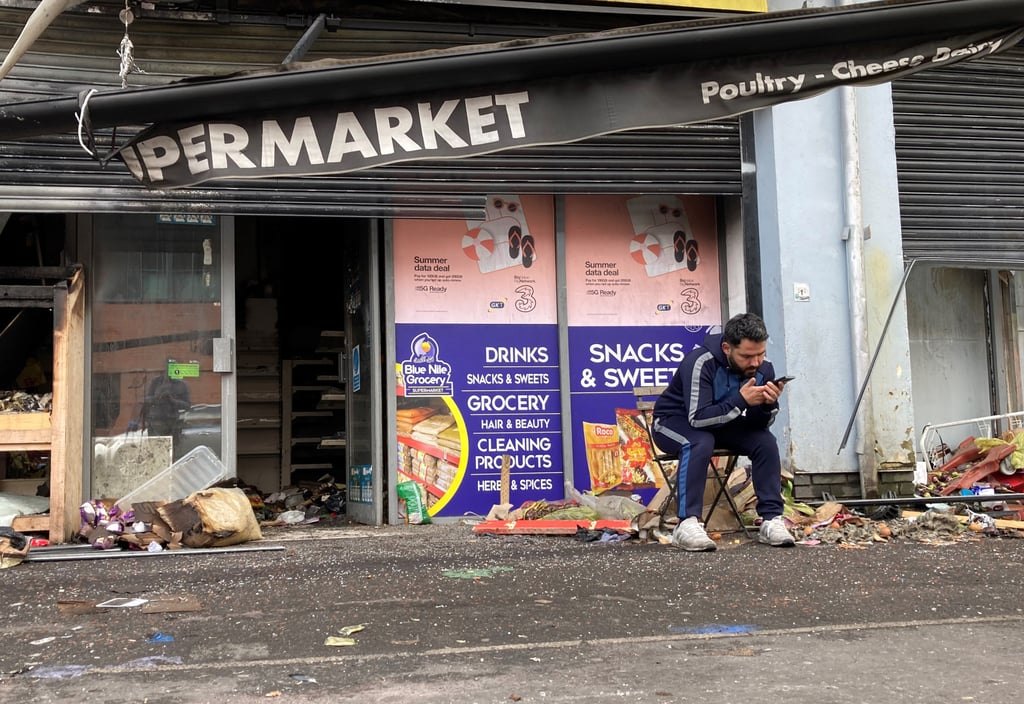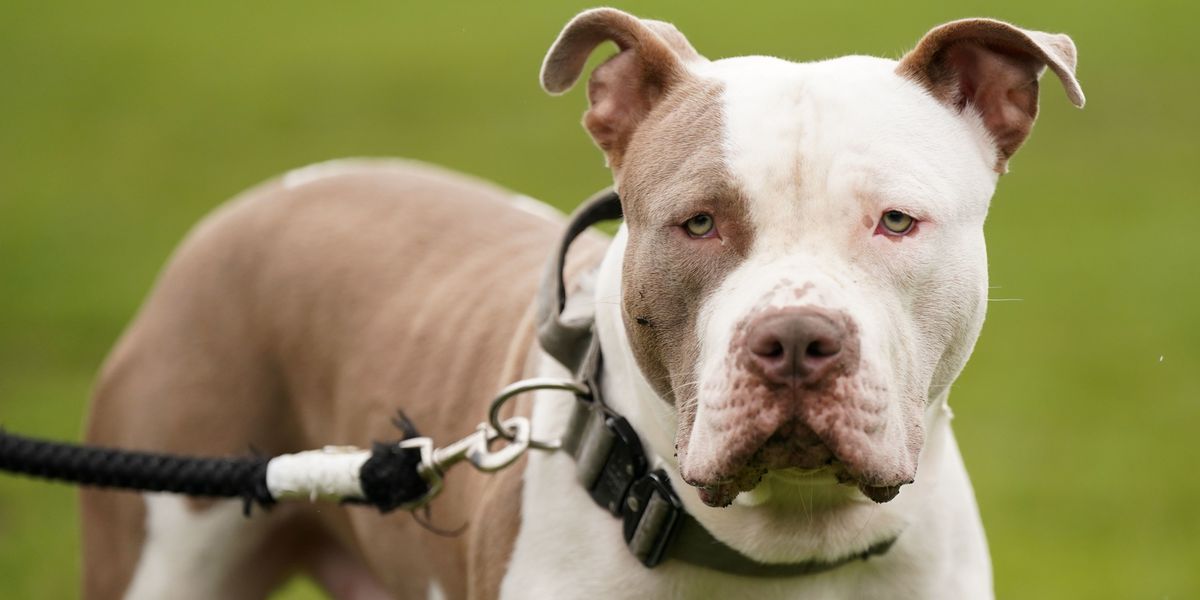Elon Musk has been sharing his views on Muslims in the UK and immigration in general, offering an opportunity to examine the integration of minority groups in Britain.
When I moved to England in 2015, I enrolled my children in a Church of England school. I thought it would be easier for them, as non-white children, to integrate by being as mainstream as possible. For some new arrivals to Britain, joining the mainstream can mean going to pubs, for others it means football and for us, it meant going to church. It shows what I know as fewer English people are bothering to attend service these days.
This kind of manufactured assimilation is alien to home-grown white Britons. They like to point out how open society is by listing the non-white people they work with or telling you how much they enjoy foreign food. What they don’t acknowledge is that equality had to be fought for. Black people, members of the Jewish faith, Chinese, Indians and other minority groups did not arrive and suddenly receive tea and medals. There was a long period of hostility before new arrivals were more broadly accepted.
There are plenty of native-born groups who live on the fringes of society. The aristocracy or the homeless, to take two extremes, are arguably less integrated into society than the average Indian-born accountant. There is a case to be made for examining integration into mainstream society not by immigrant status but by class.
Yet the subject of immigrant integration is worth studying because of the tremendous influx into Britain over the last 20 years and because of its cultural significance.

The Migration Observatory observes that integration happens on multiple levels. Structural integration happens in institutions like the education system or the workplace. Social integration happens through interpersonal relationships. Cultural integration covers lifestyle changes. Identity-based integration occurs as individuals develop a sense of belonging in the place or community they now call home.

 By South China Morning Post | Created at 2025-01-18 21:36:21 | Updated at 2025-01-19 02:41:22
5 hours ago
By South China Morning Post | Created at 2025-01-18 21:36:21 | Updated at 2025-01-19 02:41:22
5 hours ago








